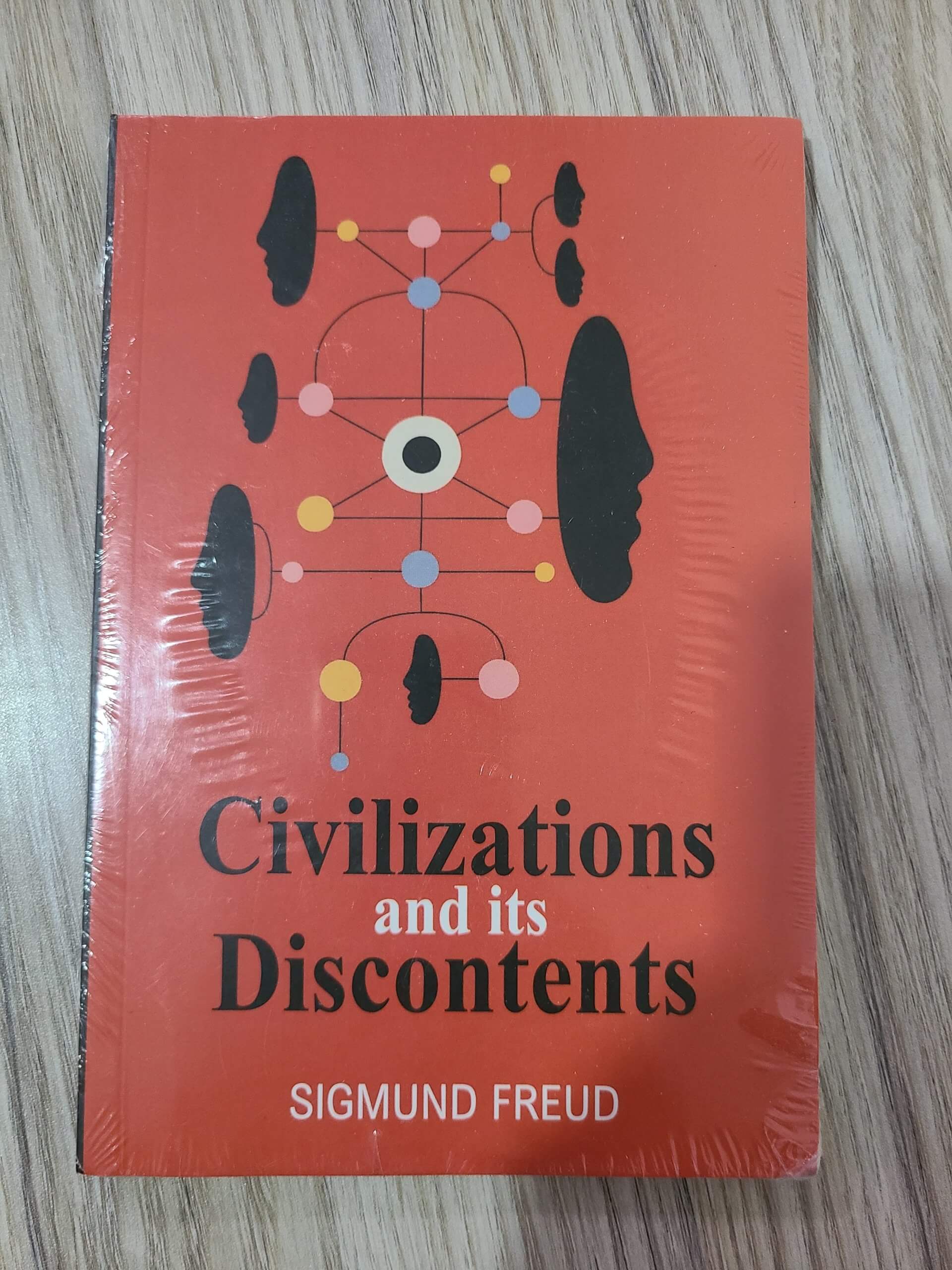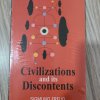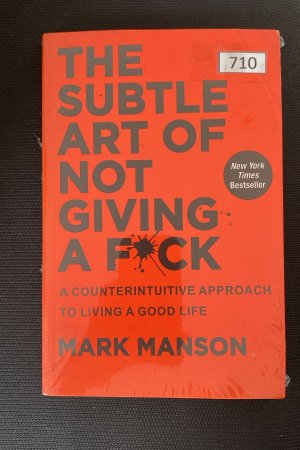Civilization and Its Discontents by Sigmund Freud
Civilization and Its Discontents” by Sigmund Freud is a seminal work in psychology and social theory. In this profound and thought-provoking book, Freud explores the tension between individual desires and societal expectations, delving into the sources of human unhappiness and the conflicts inherent in civilization. This classic text is essential reading for anyone interested in psychology, philosophy, and the human condition.
Out of stock
Civilization and Its Discontents” by Sigmund Freud is a landmark work that offers deep insights into the human psyche and the complexities of social life. Written in 1930, this influential book addresses the perennial conflict between the instinctual desires of individuals and the demands of society. Freud’s exploration of the sources of human discontent and the psychological underpinnings of civilization remains a foundational text in the fields of psychology and social theory.
Key Features of “Civilization and Its Discontents” by Sigmund Freud:
Profound Theoretical Insights: Freud delves into the fundamental tensions between individual desires and societal constraints. He examines how civilization imposes restrictions on human instincts, leading to a perpetual state of discontent and psychological conflict.
Exploration of Human Nature: The book provides a detailed analysis of the human psyche, including the concepts of the id, ego, and superego. Freud discusses how these aspects of the mind interact with societal norms and expectations, shaping human behavior and emotional states.
Critical Examination of Society: Freud critiques the foundations of civilization, exploring how cultural and social structures contribute to individual suffering. He argues that the very mechanisms that enable societal progress also generate profound unhappiness and mental anguish.
Psychoanalytic Perspective: Drawing from his pioneering work in psychoanalysis, Freud applies his theories to broader social and cultural phenomena. His insights into repression, sublimation, and the role of unconscious processes offer a unique lens through which to view civilization and its discontents.
Influential and Timeless: As one of Freud’s most important works, this book has had a lasting impact on various disciplines, including psychology, sociology, anthropology, and philosophy. Its exploration of the human condition and the intricacies of societal dynamics continues to resonate with readers and scholars alike.
Accessible Writing Style: Despite the complexity of the subject matter, Freud’s writing is clear and engaging. He presents his ideas in a manner that is both intellectually rigorous and accessible to a general audience.
Universal Themes: The book addresses universal themes such as happiness, guilt, repression, and the struggle for individual freedom. These themes make it relevant to readers from diverse backgrounds, offering insights into the timeless conflicts that shape human existence.
Perfect for Students and Scholars: “Civilization and Its Discontents” is a key text for students and scholars in psychology, philosophy, sociology, and related fields. It provides a foundational understanding of Freud’s theories and their application to social and cultural analysis.
Bonus Content: Some editions of the book include additional content such as a foreword, introduction, or critical essays that provide context and enhance the reader’s understanding of Freud’s work.
Beautiful Packaging: The book is available in various editions with high-quality printing and elegant cover designs, making it a valuable addition to any personal or academic library.
“Civilization and Its Discontents” by Sigmund Freud is an essential read for anyone seeking to understand the deep-rooted conflicts between individual desires and societal demands. This classic work offers profound insights into the nature of human unhappiness and the psychological foundations of civilization. Engage with Freud’s timeless exploration of the human psyche and the societal structures that shape our lives.
| Author | Sigmund Freud |
|---|---|
| Type | Paperback Brand new Printed (Indian Locally published) |
| ISBN/ISSN | 1891396625 |
| Language | English |
| Pages | 146 |
Be the first to review “Civilization and Its Discontents by Sigmund Freud” Cancel reply
Related products
Non-fiction
Damaged & Imperfect Books
Psychology
Surrounded by Narcissists: Or, How to Stop Other People’s Egos Ruining Your Life by Thomas Erikson


















Reviews
There are no reviews yet.